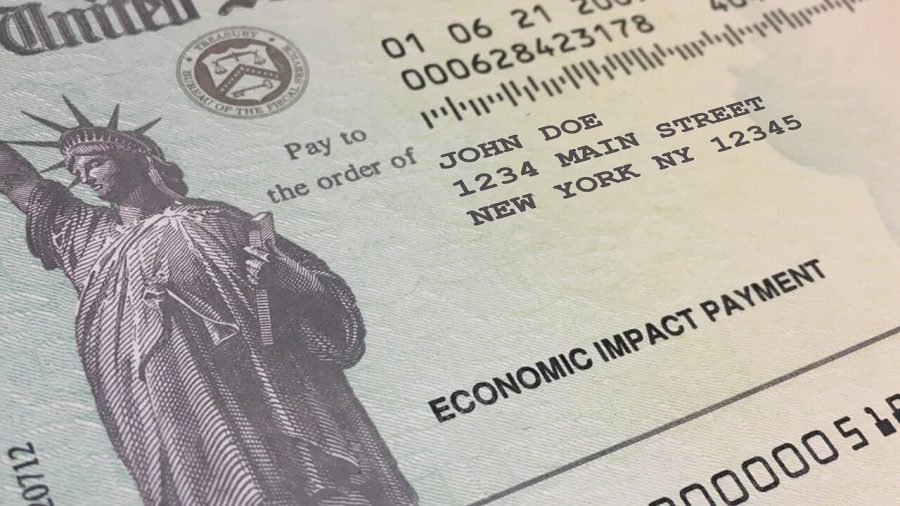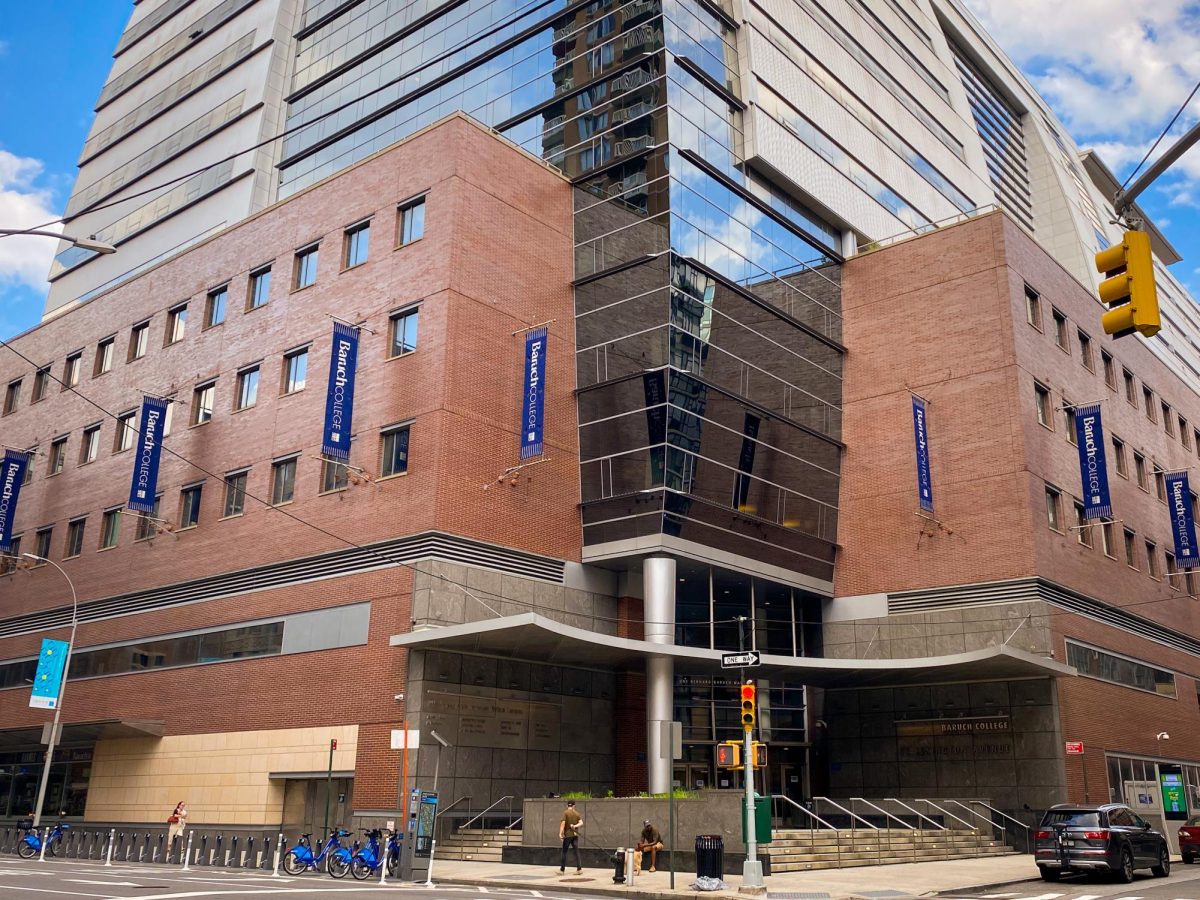President Joe Biden recently unveiled a COVID-19 plan aimed at helping Americans who have been hit the hardest by the coronavirus pandemic. Dubbed as “The American Rescue Plan,” the plan holds similarities to the $3 trillion coronavirus relief plan that was passed last March, as well as the $900 trillion second stimulus package.
The current incarnation of the relief package includes $1,400 stimulus checks, a part of the bill that Biden said is “nonnegotiable.”
“I’m not cutting the size of the checks” Biden said, according to C-Span. “They will be $1400, period. That’s what the American people were promised.”
The $1400 on top of the $600 payment equals a full $2000, a price tag that house Democrats voted on back in December 2020.
Then, Senate Majority Leader Mitch McConnell, had blocked the attempt, even though former President Donald Trump demanded larger checks and other Republicans supported it at the time.
The proposed stimulus payments include people who were excluded from previous rounds. For instance, Americans who claim dependents of any age will get an additional $1,400 per dependent, according to Kiplinger.
“The American Rescue Plan” would also include enhanced unemployment for those who experienced job loss during the pandemic. Biden’s plan would increase the federal boost to $400 a week, from the $300 weekly enhancement enacted by Congress in December.
These payments would be extended through September.
Rental assistance and eviction moratorium is also included in the COVID-19 relief bill. The plan includes $25 billion in rental assistance for low-income households, according to CNBC. This $25 billion would be a continuation of the first $25 billion lawmakers granted in December.
A separate $5 billion would be put to the side in an effort to aid struggling renters to pay their utility bills. Biden wants an additional $5 billion in aid to states to help curb the rise of homelessness.
Biden’s plans also include an extension of the federal eviction mortarium to Sept.30.
The rest of the bill consists of small business aid, funding to schools and states, a restoration to emergency paid leave and a $20 billion increase in support for vaccines and testing.
Biden’s plan is already facing resistance, not just from Republicans but from top Democrats as well, including Sen.r Joe Manchin of West Virginia and Sen. Kyrsten Sinema of Arizona, who are rejecting the proposed federal minimum wage increase to $15 an hour.
Sinema told Politico that the minimum wage provision was “not appropriate.”
“What’s important is whether or not it’s directly related to short-term COVID relief. And if it’s not, then I am not going to support it in this legislation,” Sinema said. “The minimum wage provision is not appropriate for the reconciliation process. It is not a budget item. And it shouldn’t be in there.”
Both senators’ opposition to the minimum wage is a huge obstacle in the Democrats attempt to pass the COVID relief bill.
Biden will likely push for minimum wage in a standalone bill at a later time, according to AXIOS.
He also expressed that he would have wanted the support of the GOP behind him on his COVID bill.
“I’d like to be doing it with the support of Republicans. I’ve met with Republicans … but they’re just not willing to go as far as I think we have to go,” Biden said.









